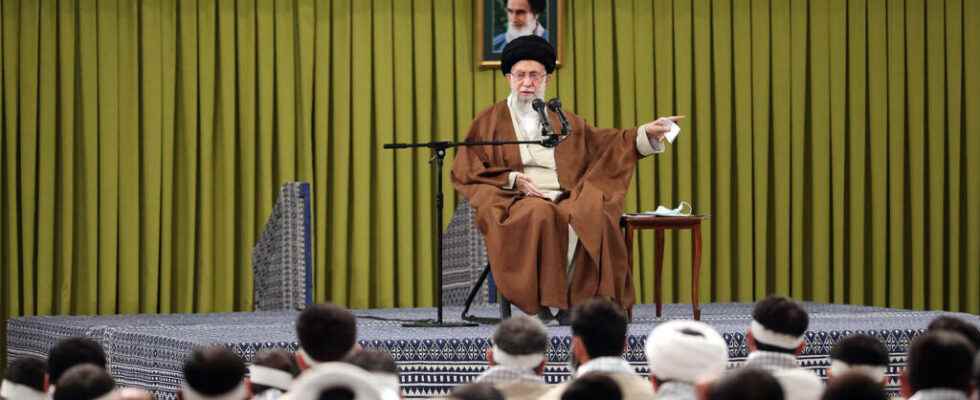In Iran, the attorney general announced this Sunday, December 4 the abolition of the morality police, implicated in the death of Mahsa Amini. The information has not been confirmed by the Ministry of the Interior, but it comes on the eve of new demonstrations and strikes. Three questions for Azadeh Kian, Franco-Iranian sociologist, director of the Center for Teaching, Documentation and Research for Feminist Studies (Cedref) at the University of Paris-Diderot.
RFI : Is the abolition of the morality police a guarantee given to the protesters in an attempt to demobilize them? ?
Azadeh Kian: The abolition of the morality police had been planned for several weeks and the decision came very late. Indeed, the Attorney General says: those who created it “, that is to say the Ministry of the Interior since the morality police are under its authority, ” are also responsible for its dissolution “. But that does not mean that the law obliging women to veil has been abolished. They promised to make a decision in two weeks.
Anyway, the question of the veil is largely outdated for the protesters. On the one hand because many women in the big cities no longer wear the veil so for them it is acquired and I would be surprised if they agree to put it back on. On the other hand, their demands go far beyond the question of the veil. The protesters have been asking for the fall of the regime for many weeks now and the strike slogans which are well followed also go in this direction. We see that different social categories, starting with traders who had very close ties with the clergy, but also workers and civil servants follow these strikes.
So, I think that this decision can be considered as a pledge given to the demonstrators but it comes too late and it will not manage to calm the anger of the protesters.
So the protests will continue ?
The demonstrations will continue, the strikes will continue. The question now is whether the regime is going to move towards the abolition of the law which obliges women to wear the veil, and on the other hand, how it is going to respond to the demands of this largely secularized, very modern population which claims freedom and democracy. The regime has been unable to meet these demands, which is why we can expect the protests to continue, despite fierce repression. The judiciary continues to sentence a number of protesters to death, so the regime is not backing down either. The question of the morality police is only a small pledge given to the demonstrators.
State media at the same time reported the execution of four detainees, arrested in the spring for collaborating with Israel. Is this an attempt to intimidate ?
Absolutely, it is to scare the demonstrators on the one hand. It is also to show that the regime continues to control the institutions and the judiciary. Beyond these four people accused of collaborating with Israel, there are demonstrators who have been arrested and who are also sentenced to death.
We see that the authorities continue to repress both in the street by shooting at the demonstrators, but also in the prisons.
►Read also: Iran: the Attorney General announces the abolition of the morality police
